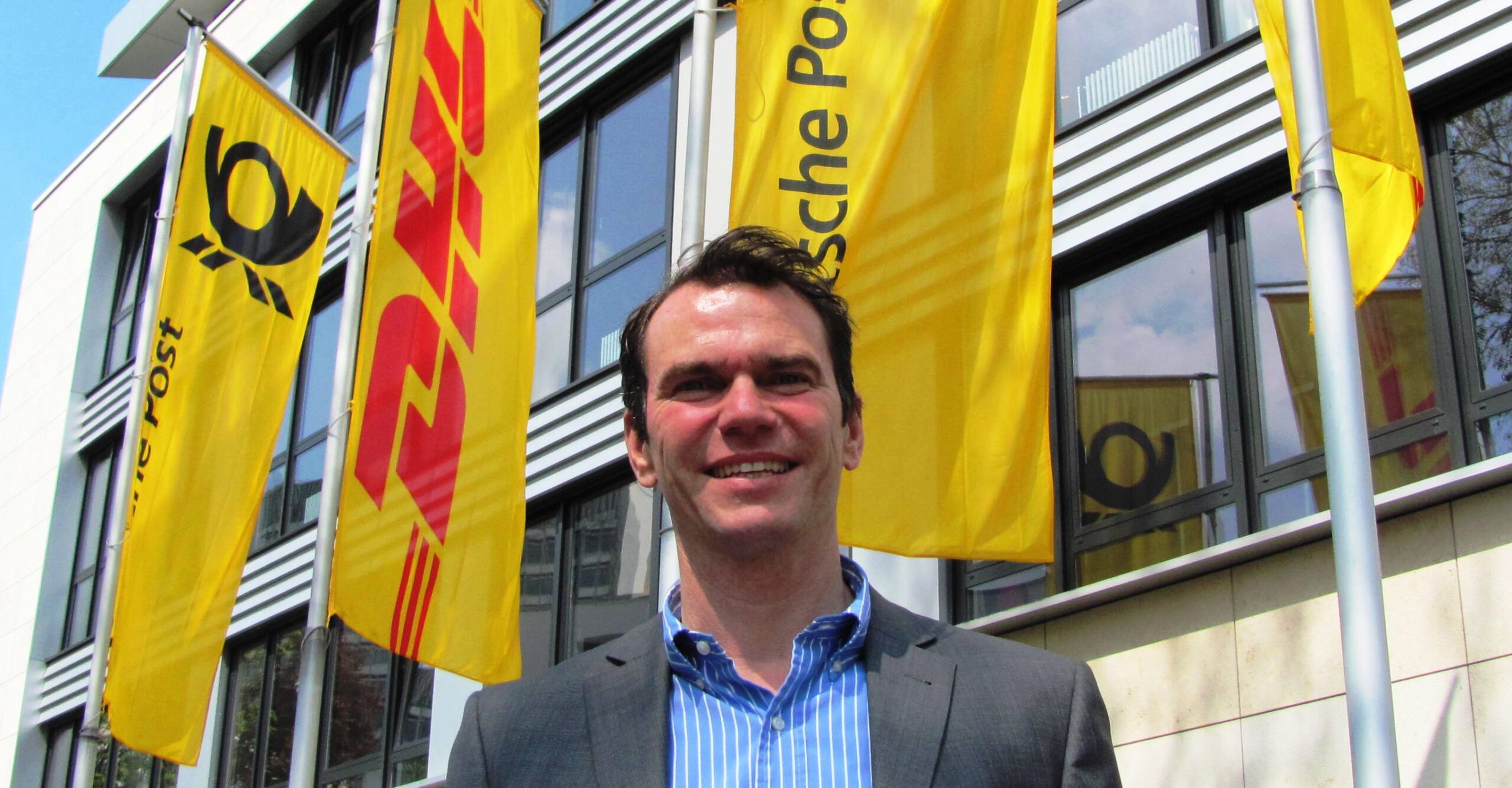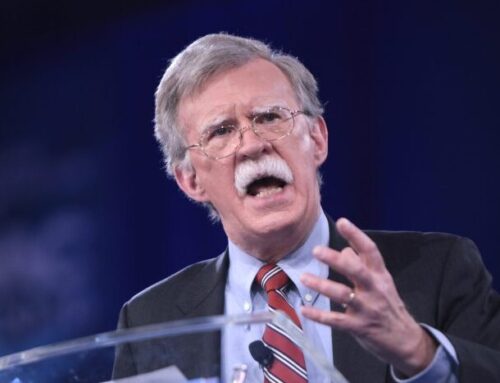Making Warehousing or Supply Chains more resilient
Lesezeit: 7 Min.
18.05.2021
Peter Niggl spoke with Frank Ewald, Head of Corporate Security at Deutsche Post DHL.
Mr. Ewald, what were the particular challenges for you as the head of security at DHL during the recent months?
Classic security is less important at the time being; the second area of our job, crisis management, has naturally determined our actions to a much greater extent. Crisis management not only deals with security issues, but also with all kinds of processes that need to be considered, such as travel, travel regulations or quarantines, do we, as a company, still want to allow travel to certain risk countries or not? Another topic was of marginal importance and concerns the issue of whether we experience more thefts of protective equipment. What we looked at was whether there were new phenomena in connection with Covid-19. Initially, there were contrary trends in some countries. We noted that in the first two months of Covid-19, in some countries and cities with a very high crime rate like Mexico or São Paulo, there was a sharp decrease of crime by more than 50 percent. Violent crime, such as robberies, had decreased substantially there. As a result of the lockdown, which also significantly restricted cross-border traffic, smuggling also decreased. But then organized crime adapted to the new situation, therefore, we now face crime that takes advantage of the Covid-19 situation, among others Internet scams or phishing.
Is the discussion starting now about what changes are required in the future?
Of course. It started right at the beginning of the crisis and mainly boils down to how to manage the procurement of necessary materials in the future. But also, how to communicate effectively with customers in a joint effort to handle the challenging situation. Additionally, to also look at the contracts in order to determine where there is a need for improvement.
I assume that mainly medium-sized companies use your services?
The large DAX companies are also reliant on our service. Automobile manufacturers, for example, rely on numerous deliveries. And some of these deliveries come via DHL’s logistics. It goes without saying that a car will leave the production line only when all the parts are available. Companies have outsourced part of their production, so a lot of goods are manufactured in Asia, especially in China. If, in such a situation, millions and millions of products are then located in China and exports are restricted – perhaps even by regulation – then we are simply located on the wrong side of the world. We have to think about how we can get these products.
John Pearson, CEO of DHL Express, nevertheless recently expressed his support of globalization…
…and that is precisely the issue. You can’t manufacture everything yourself. No nation in the world has the resources. I do believe that globalization will continue as far as trade is concerned and that we will have to continue to network, but for certain critical goods, national reserves have to be built up or production facilities have to be set up. Perhaps the main focus was on one country in the past. I can still remember the quote “China is the workbench of the Western industrialized countries.”
Experts complain that the route of products between China and Europe is no longer traceable. Will anything change in this regard?
There are supply chains where the goods only have one or two transshipment points. Others may have more; it’s always a question of price. If you want point-to-point logistics, it’s faster, but it’s usually more expensive. Certainly, these subjects have to be thought about. But we’ve had very positive feedback from our customers that delays and defaults have been minimal. The other way around, we had the case that production plants had to be closed due to the infection, but deliveries still continued to arrive. This was also to be seen at the port of Hamburg. All warehouses were full, ships could no longer be unloaded and freighters were still lying in the roads.
What happened with air freight when so many aircraft were grounded?
On the transatlantic routes, to North America for example, a little less than half of the cargo volume is transported by freighters, the rest by passenger aircraft. The situation is similar with Asia, and that is why a huge volume was lost there. This caused delays, the cargo affected was stuck for the time being. We then filled our freighter aircraft; however, we were not capable of completely counteracting right away. This, at times, caused delays in deliveries.
I can imagine, based on what I’ve heard from our competitors, that smaller warehouses will be set up again to provide some buffer.
We have the advantage of operating our own fleets. DHL has several own airlines and well over 200 own aircraft. This of course provides the opportunity to put the aircraft on the routes where they are needed. Many other air freight companies only charter volumes in passenger aircraft. If these no longer fly, they do not have alternative options. We, on the other hand, have been able to offset this phenomenon relatively well with our own aircraft.
DHL is part of just-in-sequence production, in view of the recent experience, should this be reconsidered?
I think that, to a large extent, we have managed to ensure that our major customers have not experienced any big production stoppages due to the supply processes. However, I can imagine, based on what I have heard from our competitors, that smaller warehouses will be set up again to create a certain buffer. The question here is whether more money should be expanded or if the supply chains should be made more resilient. Potentially, there are two or three bottlenecks in a supply chain, but these can be corrected. We will work with our customers on this, possibly also considering the option of warehousing.
Nevertheless, there are also other issues than the pandemic, particularly, the Brexit. To what extent does that affect you?
We are still actively working the Brexit issue. On a smaller scale than the pandemic, but we do have a working group dealing with this issue. There are many unresolved questions. Customs clearance to the UK alone is a major logistics issue. Brexit problems have not all been resolved. The inner-European border controls due to the pandemic mainly affected passenger traffic. Of course, truck traffic was also affected, but politicians reacted very quickly, realizing early that the flow of goods should not be restricted. There were temporary traffic jams at the Polish or Czech borders, for example, and also in southern Germany due to increased border controls, but this cleared up very quickly. Also, drivers were left out on many Corona measures; there were additional regulations for staff in logistics who had to ensure the movement of goods.
How are you responding to the more and more complex global situation?
We have a country management team in each country, depending on how strong we are positioned in that country, also for several divisions. And the country managers are responsible for ensuring that we are properly positioned locally, also during the Corona pandemic. Due to the very different legal bases in different countries, the country managers have been assigned a high degree of responsibility. Here in Germany, the local management also has a great responsibility to react to the local situation and implement the official regulations. Consideration also has to be given to what our employees and customers require in terms of safety.
What are your biggest concerns for the future?
Although we are a German company, we look at the entire world. I am worried that the present situation could continue for a long time and that we will have to face more and more waves. That could have a major impact on the economy and we would have to struggle to deal with the situation for a very long time.


